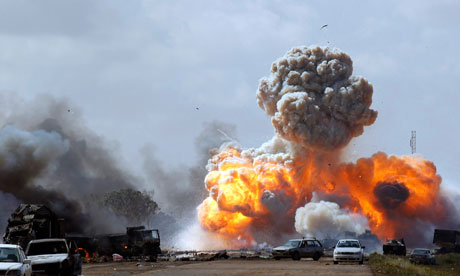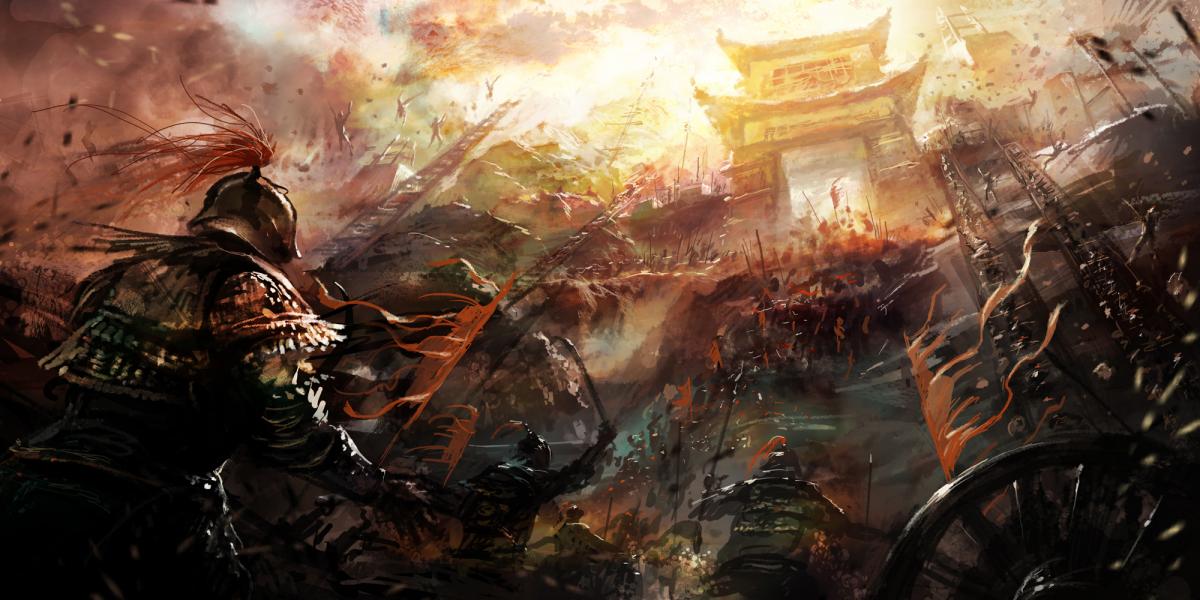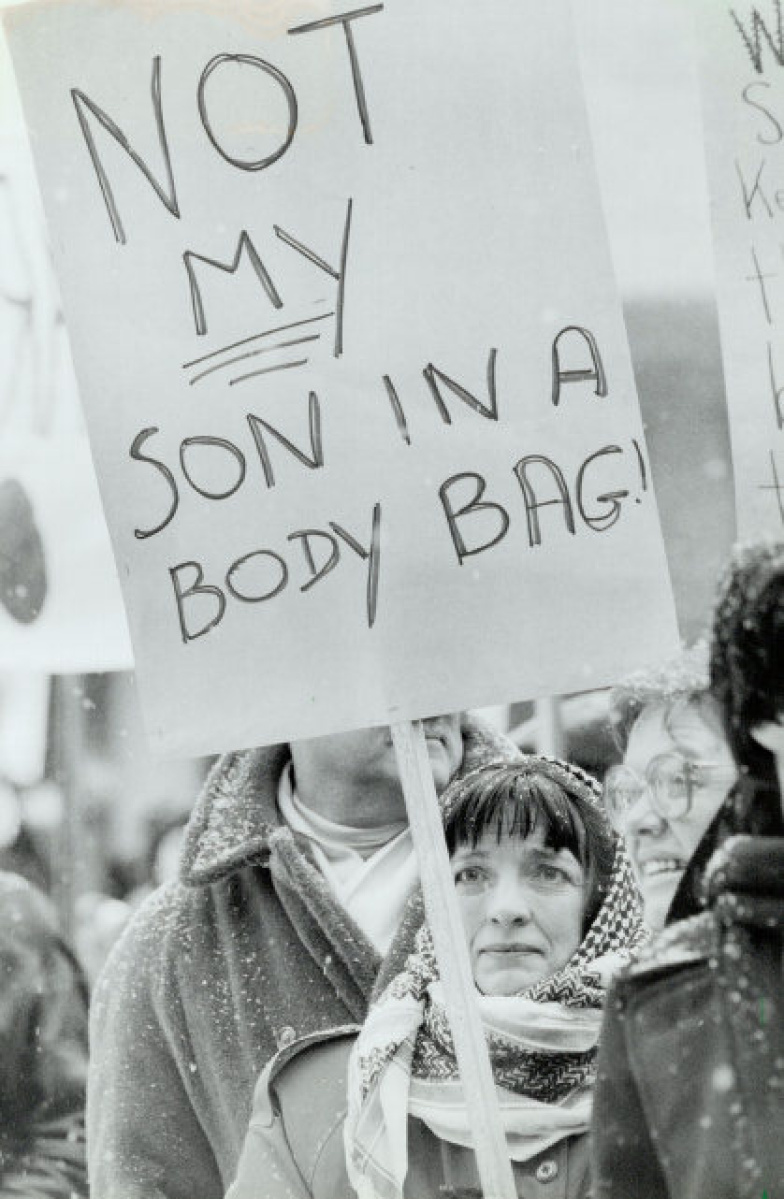In these troubled times, we can get insights into our current problems by looking at our history and culture. The United States, with all its military might, turned to ancient Greek theatre last month to learn some lessons from creative minds about war and peace.

Photo credit: World Beyond War
Ancient Greek theatre of Sophocles, Euripedes and others is full of anti-war themes. The ancients apparently understood the menace of war better than some in our times. In the Greek comedy of Aristophanes from5th century BC, Lysistrata, women denied sex to their husbands and lovers forcing them to think of peace, not war. Greek playwrights lived during constant wartime and knew the suffering inflicted by war. You require sensitivity for this which war-drum lovers seem to lack.
On the 15thanniversary of 9/11, the chairman of the joint chiefs of staff of the American army Gen Dunford and about two hundred soldiers saw two classical Greek plays in Washington DC about the toll of war on the human psyche. The two plays, both by Sophocles, were Ajax and Philoctetes.
The mental and physical suffering of the Greek warrior appeals to the soldier spectators of the present day, as it resonates with their own experience of war trauma. Ajax screams, “Cut my throat right here. Right Now. And end my suffering.” This is the kind of suffering soldiers routinely face and our warmongers need to take note of this. Several such performances for soldiers have been organized by veteran director Bryan Derries – author of the book, What Ancient Greek Tragedies Can Teach Us Today. They provide a catharsis which is a major feature of the Greek tragedies: they make you think about war and peace and make you think calmly.
The deep psychological injuries soldiers suffer due to the violence and the stress are little known, especially, in India which explains its mindless, insensitive obsession with the military solutions.
At least 20 war veterans commit suicide every day in the United States, like farmers do in India. Many veterans are homeless. A large number of them suffer from nightmares, a sense of guilt and shame. The War Comes Home – Washington’s Battle Against American Veterans is the telling title of a book on the subject by Aaron Glantz. The fact that the United States with all its resources cannot handle this serious crisis should be a guide for those from growing economies, who want to rush into a war, and are obsessed with weapons and aggression. We rarely talk about this issue in India. War psychiatry is a big field of study in the US and one gets to hear very little about it in India. Our defence analysts are too focussed on strategy and use of arms and technology andfar less on the human angle of it.

Image credit: Pinterest
Our generals enjoy a fair amount of respectability, barring the moustaches, on the TV channels. One of the best film comedies of all times – Dr Strangelove by Stanley Kubrick, made in 1964, is a devastating satire on military generals’ intent on a nuclear attack that threatens life on the earth.
Think of what American general Power, the architect of the nuclear bomb attack strategy, said:
“Restraint? Why are you so concerned with saving their lives? The whole idea is to kill the bastards. At the end of the war if there are two Americans and one Russian left alive, we win!“
To that, somebody responded that let one of the two be a man and another a woman.
Subsequent research has shown that the film was very accurate in its technical details and did not exaggerate the fact that psychologically unstable generals could create a nuclear havoc and could exercise the nuclear option without authorisation from the political authority.
Dr. Strangelove is a powerful and sarcastic comedy about a commander of a US Air Force Base – general Jack D Ripper, who diverts his B-52 bombers from airborne alert to an attack on the Soviet Union with nuclear weapons. This threatens to set off a doomsday device which endangers all life on the surface of the earth.
Robert Oppenheimer – the father of the atom bomb, suffered from the pangs of conscience in the making of the nuclear device. Warmongers seem to have no such pangs of conscience. Oppenheimer was a great admirer of the Hindu philosophical text Gita and used its philosophy as an anodyne for his suffering. He was a gentle man in his personal life and it is a wonder how he could work on the said project. But he did advocate against further use of nuclear weapons. Some scholars have blamed the British for contributing to the Gita cult and its rationalisation of war, as earlier Gita had only a limited role in Indian religious thought.
Surely, terrorist threats from across the Indian border have to be dealt with sternly by the military, but militarism as a concept needs to be questioned worldwide, as we now have an underwhelming peace movement than that during the days of the Vietnam war.
India is in some ways an ally of the US military with the just-completed joint military exercise in Almora district – something which would have been unthinkable a few decades ago. But, such ventures should also be tempered by more sober ideas. Eisenhower, in his farewell address as president, warned against the military industrial complex, and later events have proved how correct he was. There is also need to question the whole war apparatus especially when it involves imperial conquests. One such questioning voice was Maj Gen Smedley Butler, who wrote the book War Is a Racket way back in 1935. In it, he showed how war promotes business interests at the cost of massive human suffering. He fought in several countries and sarcastically said how he helped American oil interests in Mexico, National City bank in Haiti, Standard Oil in China and so on.
Many of us look at war as a fancy spectacle, impervious to human suffering. Sanskrit words Yudhhasya Katha Ramya are often quoted to suggest that it is romantic to hear the tales of a war. But, this is only half of the proverb and is clearly misunderstood. The full proverb says that war looks attractive, because it is fought so far away from us. This is the real crux. We, in India, have not suffered from war unlike some other countries where almost every family lost a young man in those wars. So many of us have pretty fanciful ideas and little understanding of the financial and physical costs of military action.
While stressing that it is important to fight terrorism militarily, it is also important to point out that pacifism is not a sign of weakness. Some of the best minds from over the centuries have opposed wars. Bertrand Russell, eminent philosopher and mathematician, strongly raised his voice against war exactly 100 years ago, went to prison for his ideological convictions and wrote a tract named The Ethics of War. It is also necessary that the voice of the common people needs to be heard on these issues. Some powerful truths can emerge from them.
Kavita Gadgil, mother of a soldier, is one of them. She in a way is in the same situation as Cindy Sheehan in the US is. Like Cindy, she lost her son in the military service, though not during a war. Both women have fought against the injustice done to their sons. But Cindy has emerged as a major heroic figure because she turned her personal loss into a crusade against America’s arrogant militarism.

Photo Credit: The Star
She attracted nationwide attention in America by offering vigil while President Bush enjoyed a long vacation on his ranch, just before being caught unaware by the criminal neglect of New Orleans floods. She was demanding justice saying her son Casey was killed in the Iraq war because of the unjust policies of the Bush administration.
Mrs Gadgil lost her son Flt Lt Abhijit Gadgil while he was flying the MIG 21 Air Force plane in 2001. She also launched a crusade but it was for a comparatively limited goal. She wanted to absolve her son of the insinuation by the authorities that he died because of his own mistake. She exposed the establishment by studying a series of MIG crashes and proving that there was something inherently wrong with the aircraft and its maintenance. She doggedly pursued the case and it was during this time that I met her a couple of times in The Times of India office.
She says that the film Rang De Basanti is based on the story of her son which she had discussed at length with the film’s makers. About her more recent work, let me quote from a media report.
“A little away from the Khadakvasla dam in Pune, at an unassuming bungalow bordered with mango trees, is the bungalow that houses the Abhijit Air Safety Foundation (AASF), a registered trust and memorial set up in the memory of Flight Lieutenant Abhijit Gadgil, by his parents Captain Anil Gadgil, a former Indian air force officer, and Kavita Gadgil. In the compound stands a MiG 21 fighter aircraft, which acts as a source of inspiration for the students training in aviation and aviation-related fields. The aircraft is also a constant reminder of Kavita’s fight for Abhijit and all other pilots who lost their lives in the fatal MiG 21 crashes.” (Femina, October 10, 2012).
Cindy Sheehan became something of a celebrity in America, because she was seen as a representative of a powerful force against all the evils, treachery and selfishness of the imperialistic policy pursued by the then President Bush and his supporters.
The issue of war-mongering and patriotism reminds me of Jane Jacobs, perhaps the most outstanding architectural critic in the world. This is her birth centenary year. But the greater thing about her, to my mind, is that during the brutal war waged by America in/on Vietnam, she chose to migrate to Canada so that her sons wouldn’t have to join the military and fight an unjust war.
Some so-called patriots who are steeped in ignorance and prejudice would term her act as unpatriotic. These so-called patriots seldom raise their voice against the issues like poverty, exploitation and inequality. Cindy Sheehan says that the word 'matriotism' should replace the word patriotism. Matriotism loves the country, but does not want to defend the country’s wrongdoings. Warmongers are cowardly men who hide behind the flag and send your children to die in their wars. These cowardly men do this to fatten their own bank balances and to pursue their game of imperialism and plunder.
Shakespeare shows in his play, Henry V, how senseless this whole business of the battles and the killings is. King Henry goes in disguise to meet his troops before the battle and gets to know their feelings. A soldier called Wiliams speaks for a long line of common soldiers who have died throughout the history for the quarrels of the kings. He talks of the severed legs and arms and heads of common soldiers chopped in battle and their suffering, and cries on the battlefield for which the kings must take blame.Other soldiers ask him very inconvenient t questions about the treatment of soldiers who die in the unjust battles.
Another point is that human beings do not like to kill other humans without a reason. One of the better aspects of the film Haider set in Kashmir and based on the play Hamlet, is that Haider lets his stepfather go. He does not kill him. This is not really out of character of the protagonist based on Hamlet. A little written-about aspect of human life is that human beings do not like to kill each other. There is a brilliant study on this by Dave Grossman, a former Lt Col. In the US army. He has written a book on killing – The Psychology of Learning to Kill. Even soldiers have to be specifically trained psychologically to kill. Hatred is spread among them about the other country.
There is so much violence in the world that we think that it is a part of human psyche. Violence arises out of hatred and revenge. It is the spread of hate that drives people to violence.That is why propaganda and fascism are so dangerous.
Another aspect that parents need to take up very seriously, in particular, is the violent television programmes and games that children watch. Grossman points out that such games are a training ground to promote violence and, it is necessary to stop teaching kids to kill. The violence hardens emotions of children and they feel that there is nothing wrong in killing.
So watch out if little children are becoming aggressive. There is so much violence in TV programmes like Chhota Bheem. It is a sweet-sounding name, but it has too much violence.
It is possible to study violence in a constructive way. Even schoolchildren can be exposed to studying the horrors of the concentration camps in fascist Germany so that they can understand the phenomenon. I saw a French film recently. The film, Once in a Lifetime, made in 2014 is based on a true story. `Troublesome’ students in a high school in France are completely transformed by their teacher when she makes them study the themes of discrimination, violence and racism in Nazi Germany. They won a national award of the French government for the project.
I am a patriotic Indian and I am even proud to be an Indian. But, having said that I must add that a true patriot should be the first to criticise the wrong policies of his or her government. As the eminent thinker Noam Chomsky has pointed out, it would be very unpatriotic of an American not to oppose America’s war in Iraq.
Some people have very strange ideas about being patriotic and about the development of our nation. If one opposes some so-called development project one is condemned as unpatriotic or even a traitor, even if the project overruns adivasis and their land and destroys the environment.
It is possible to be an internationalist and at the same time to be true to one’s country. Be true to thine own self, as Shakespeare said.
Our best guides on this are two texts: Rabindranath Tagore’s Nationalism published in 1917 and Mahatma Gandhi’s Hind Swaraj of 1910. Both were prophetic and are highly relevant. Tagore warned that economic and political forces should not be allowed to overrun common people in the name of the Nation. Gandhi was against a centralised, monolithic state that enslaved and alienated people. He warned against the corrupting influence of political powers. Their vision is very true and still relevant.
(The writer was formerly with the Times of India.)